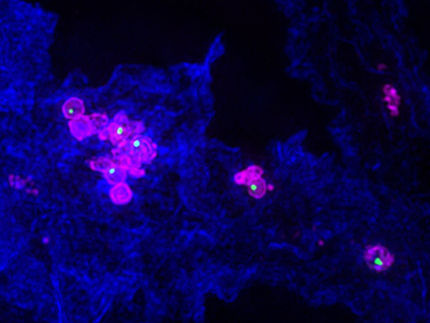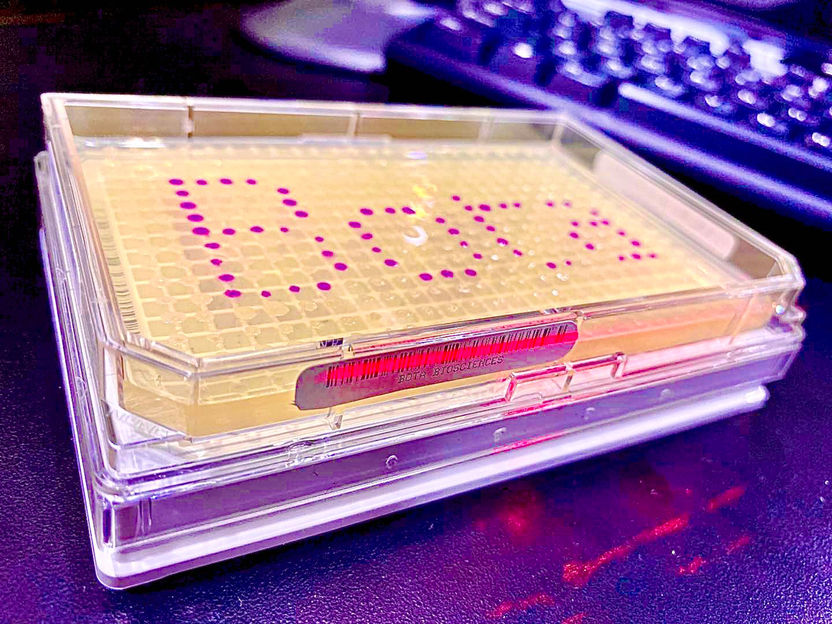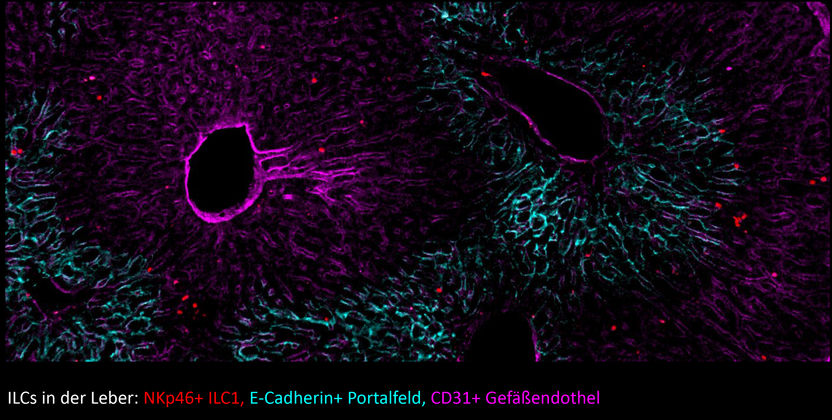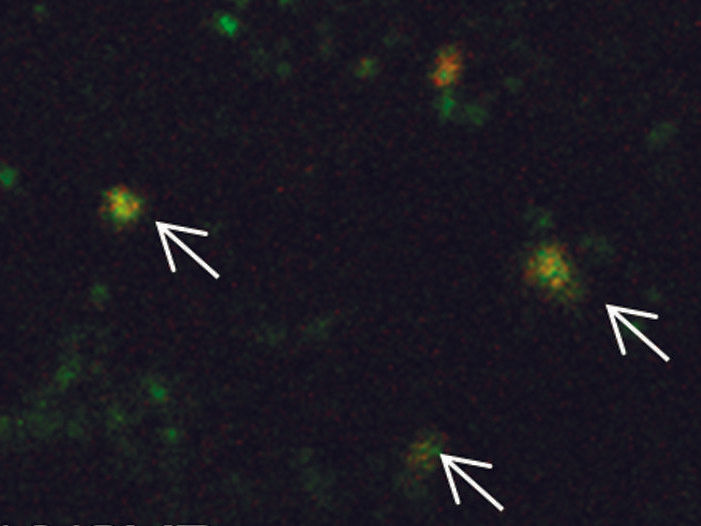Anthrax, rabbit fever and brucellosis
How can the population be better protected from highly pathogenic bacteria in food?
infectious diseases such as anthrax, tularaemia (rabbit fever) and Brucellosis only occur rarely in Germany. However, these pathogens can do great harm if they are allowed, deliberately or by mistake, to enter the food chain. The reasons for such dissemination can be natural catastrophes such as floods, biological terrorist attacks or even technical or human failure. "In order to limit the negative effects to human health and the economy in such a hazardous situation, the pathogens and the cause for the disease outbreak must be identified as quickly as possible", explains BfR President Professor Dr. Dr. Andreas Hensel. As part of an interdisciplinary research project, the Federal Institute for Risk Assessment (BfR) is therefore collaborating with five project partners to develop diagnostic procedures and IT tools with the aim of speeding up the investi gation of such disease outbreaks. The overall goal of this research project is to better protect the civilian population against infections with highly pathogenic bacteria entering the food chain.
The project "Food safety and resilience of food supply chains in biohazard situations", (Ess-B.A.R.) uses the examples of the bacterial pathogens Bacillus anthracis (anthrax), Francisella tularensis (tularaemia) and Brucella spp. (brucellosis) entering the food chain. The three pathogens have in common that they are classified as particularly hazardous and that food-borne infections are possible.
Since anthrax, rabbit fever and brucellosis rarely occur in Germany, official food monitoring is not set for the routine detection of these highly pathogenic bacteria. In addition, the detection of the pathogens requires specialist knowledge which only few laboratories have. For handling so-called large-scale biological emergencies as part of which highly infectious pathogens are deliberately or inadvertently allowed to enter the food chain, new strategies and solutions are therefore required.
One focus of the Ess-B.A.R. project is the development of diagnostic procedures with which highly infectious zoonotic pathogens can be detected early in the food chain. The usual pathogen detection methods require the time-consuming cultivation of bacteria. Consequently, the goal is to develop, with the aid of so-called OMICS technologies (NGS, Next Generation Sequencing; MS, Mass Spectrometry), universally applicable methods for the cultivation-independent detection of food-associated pathogens.
The second research focus is the development of IT tools for analysing complex data. The aim here is for these tools to enable better analysis of the spread of a pathogen and to identify the outbreak sources more quickly.
Within the framework of the programme "Research for civil safety - protection against biohazard situations and pandemics", the Federal Ministry for Education and Research sponsors the Ess-B.A.R. project with a total of two million Euro. The joint project features participants from various disciplines and channels expertise from the areas of food microbiology, epidemiology, diagnostics and information technology. The participating partners are the BfR, the Friedrich Loeffler Institute, the Free University of Berlin, the Max Planck Institute for Molecular Genetics, KNIME.com GmbH and PolyAn GmbH.
Other news from the department science
Most read news
More news from our other portals
See the theme worlds for related content
Topic World Mass Spectrometry
Mass spectrometry enables us to detect and identify molecules and reveal their structure. Whether in chemistry, biochemistry or forensics - mass spectrometry opens up unexpected insights into the composition of our world. Immerse yourself in the fascinating world of mass spectrometry!

Topic World Mass Spectrometry
Mass spectrometry enables us to detect and identify molecules and reveal their structure. Whether in chemistry, biochemistry or forensics - mass spectrometry opens up unexpected insights into the composition of our world. Immerse yourself in the fascinating world of mass spectrometry!


























































